Hard Drives are Unreliable – Here’s Why
Submitted by DataRecoveryGroup on
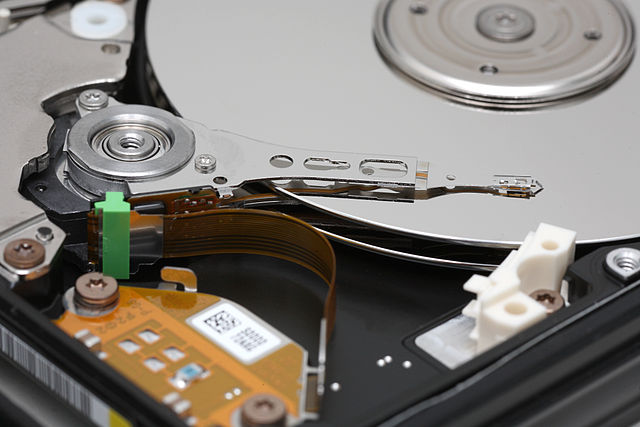 If you’ve ever dealt with data loss from a hard drive in the past, you might know how a small drop, an accidental knock, an electric surge, a bit of water, or simply time can wear out and ruin a hard drive.
If you’ve ever dealt with data loss from a hard drive in the past, you might know how a small drop, an accidental knock, an electric surge, a bit of water, or simply time can wear out and ruin a hard drive.

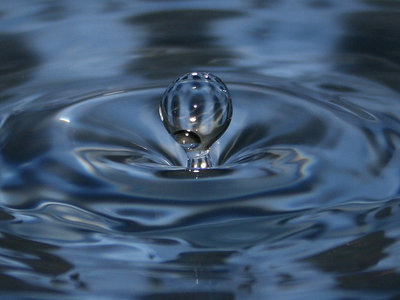 In case you didn’t know, water and electronics don’t tend to go well together. The same is certainly true for hard drives, which poses a problem when your hard drive gets wet and you have all your valuable pictures, documents and other files stored on the hard drive. Water damage can occur from a variety of situations, including flooding, hurricanes, fires and accidental spills.
In case you didn’t know, water and electronics don’t tend to go well together. The same is certainly true for hard drives, which poses a problem when your hard drive gets wet and you have all your valuable pictures, documents and other files stored on the hard drive. Water damage can occur from a variety of situations, including flooding, hurricanes, fires and accidental spills.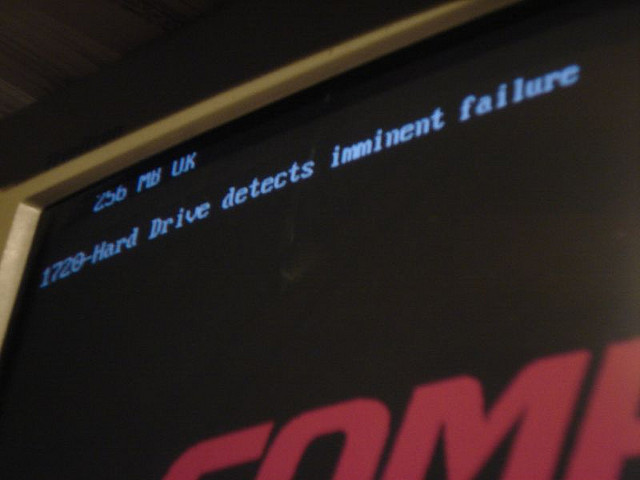 Family photos, an entire music library, favorite movies… all of these (and more!) are stored on your computer’s hard drive. What would you do if your hard drive crashed and you lost a lifetime’s worth of photos, videos, and memories – not to mention important work files, family recipes, and other irreplaceable information.
Family photos, an entire music library, favorite movies… all of these (and more!) are stored on your computer’s hard drive. What would you do if your hard drive crashed and you lost a lifetime’s worth of photos, videos, and memories – not to mention important work files, family recipes, and other irreplaceable information.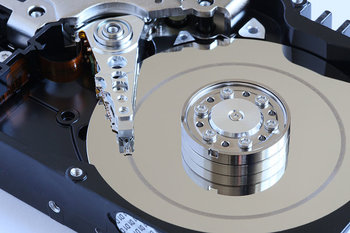 Hard drives might be the most important part of your computer. They are where all of your valuable documents, pictures, music files, videos are stored on your computer. That’s why when you hear strange clicking noises coming from your hard drive, you should be concerned about all of that valuable information.
Hard drives might be the most important part of your computer. They are where all of your valuable documents, pictures, music files, videos are stored on your computer. That’s why when you hear strange clicking noises coming from your hard drive, you should be concerned about all of that valuable information.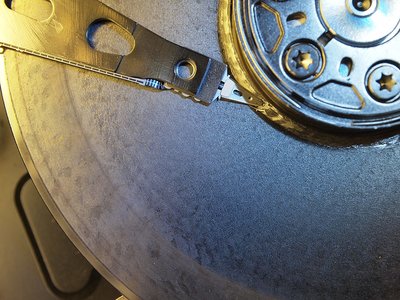 A hard drive clicking, also known as the click of death, is typically not a good sign for your hard drive. It means that your hard drive is wobbling on its last legs and will soon no longer be operational.
A hard drive clicking, also known as the click of death, is typically not a good sign for your hard drive. It means that your hard drive is wobbling on its last legs and will soon no longer be operational. While there are many do it yourself computer enthusiasts who make claims and draw attention by showcasing methods for reviving a failed hard drive and helping you recover your data, there is more myth than fact to many of their claims. We’ve outlined some of the top data recovery methods that we’ve heard of that don’t work and why.
While there are many do it yourself computer enthusiasts who make claims and draw attention by showcasing methods for reviving a failed hard drive and helping you recover your data, there is more myth than fact to many of their claims. We’ve outlined some of the top data recovery methods that we’ve heard of that don’t work and why.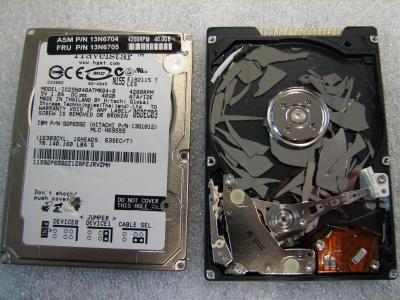 Hard drives are super sensitive to any form of external force, and even the slightest bump can give them problems. If you’ve dropped your hard drive and it isn’t working, odds are, you should get in touch with a data recovery specialist immediately. If you want, there area few things that you can check for first before contacting a data recovery specialist.
Hard drives are super sensitive to any form of external force, and even the slightest bump can give them problems. If you’ve dropped your hard drive and it isn’t working, odds are, you should get in touch with a data recovery specialist immediately. If you want, there area few things that you can check for first before contacting a data recovery specialist.